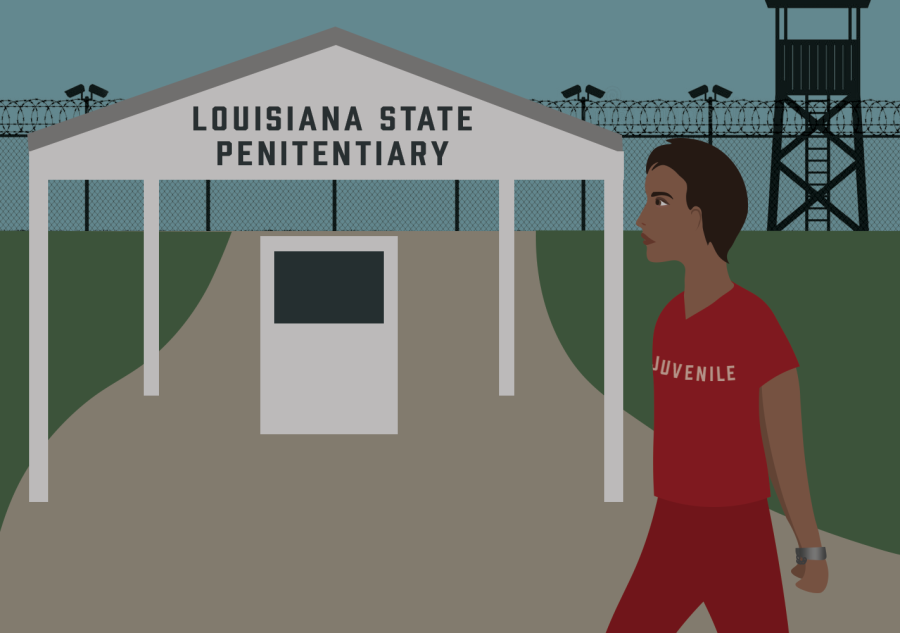Juvenile transfer to Angola sparks controversy
Juveniles transferring to Angola prison
October 28, 2022
Nicknamed the “Alcatraz of the South,” the Louisiana State Penitentiary, also known as Angola, is known for being a prison for the state’s worst offenders and death row inmates, and in June, Louisiana Governor John Bel Edwards, passed an act that allowed for the transfer of a group of juvenile inmates in order for them to be housed there.
Louisiana citizens have since voiced their concerns about the juveniles that are now headed there to serve out their sentences.
The call for the transfer comes after multiple riots and escapes from the Bridge City Center for Youth. Since July, at least 20 juveniles have escaped from the facility, and the public outcry over safety concerns pushed officials into action. The transfer to Angola is meant to be a short-term solution while the Jetson Center for Youth in Baker, Louisiana is under renovation, according to Edwards.
The Office of Juvenile Justice, the department in charge of the Bridge City location, will also be responsible for staffing the juvenile wing at Angola. However, trust in the office has deteriorated after the mishandling of multiple facilities, including a facility in St. Martinsville where juveniles were held in around-the-clock solitary confinement and offered no education, going against all federal and state laws.
Gina Womack, co-founder and executive director of Families and Friends of Louisiana’s Incarcerated Children said she doesn’t believe the state deserves the confidence and trust it has been given and called the transfer an “ill-advised plan.”
“If this plan moves forward, we believe that these kids will be retraumatized, and retriggered. The OJJ has been ill equipped to offer these services even in their own facilities,” she said. Womack added that she believes OJJ’s staffing shortage will make it harder for juveniles to not only receive proper care, but to also remain completely separate from adult inmates at Angola, as is the federal law.
In a press conference about the transfer, Edwards promised that facilities will be receiving extra personnel, coordination, and training to maintain a proper level of care for the juveniles in holding. He also assured the public that there will be no contact with adults at Angola while the juveniles are there.
In an effort to keep treatment at the forefront of their care, juveniles involved in the JUMP program for youth sex offenders will not be moved to Angola after showing promising signs of rehabilitation, according to OJJ’s Deputy Secretary Bill Sommers. “Only the most troubled youth will be moved to the state penitentiary,” Sommers said during the press conference.
In response to the potential for Angola to be used for juveniles more often now, former Deputy Secretary of the OJJ, Mary Livers, said that she’s worried about a potential pattern of punitive justice being the first resort for these juveniles.
“It appears that the current administration may have given up that they can do anything for these kids,” she said.
Livers, who served as deputy secretary from 2008 to 2016, is hesitant to believe that Angola will be a positive experience for the juveniles.
“I’ve worked in women’s prisons, men’s prisons, and the juvenile field. All three are different in what they need. It’s going to be very difficult for them to be successful within the confines of Angola,” she said. “I don’t have an ax to grind, I just want the best for everybody. There’s a different path that does not appear to be articulated.”









